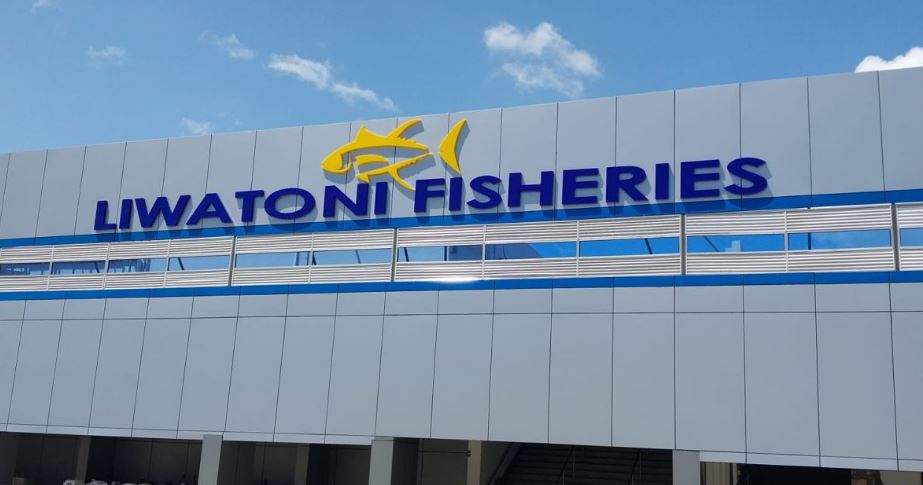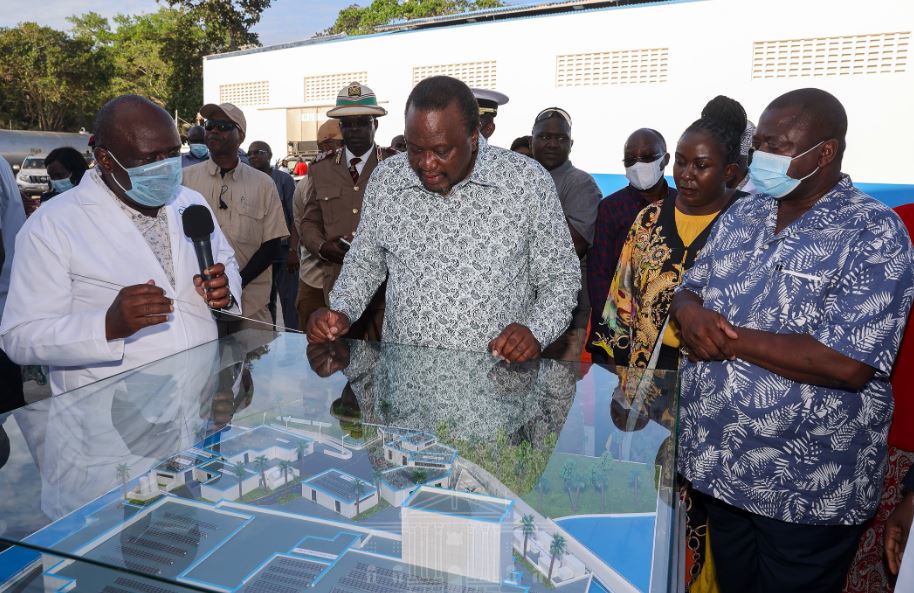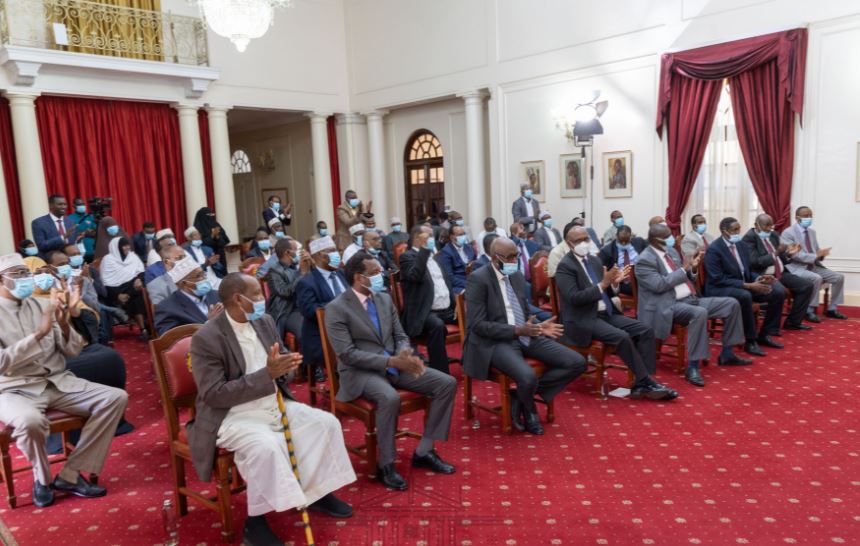
The project whose deadline is due in December, is run by the State Department for Fisheries, Aquaculture and the Blue Economy through the Kenya Fishing Industries Corporation (KFIC).
The construction is being done in two phases. The first phase costing approximately Sh1.5billion is ongoing comprising; a fresh and frozen processing plant with a processing capacity of 100 MT of fish per day and producing approximately 50 MT of loins daily.
A cannery with a processing capacity of 50 MT of raw material to produce 25 MT of finished products in cans; and a cold storage of approximate capacity of 1000 MT.
The construction of phase one is expected to be completed by December 30, 2023. The government has disbursed more than Sh1.2B paid to the contractor according to the KFIC Ag. CEO Dr Mikah Nyaberi.
Dr. Nyaberi added that the President has since pledged both verbally and financially to have the project completed by injecting in excess of Sh700 million in addition to the already Sh.500 million that has already been paid to the contractor.
Phase two is estimated to cost Sh4.5billion and is expected to be funded through Public Private Partnership (PPP) and Built-Operate-Transfer (BOT) models to turn Liwatoni into a Special Economic Zone (SEZ).
It will comprise a circular road, repair of a jetty, installation of a fish meal, oil processing plant, Ice making plant with a capacity of 200 MT of ice, fish market and auction centre, fishing gear repair facility, fuel bunkering facility, wastewater treatment plant, solar water desalination plant, Solar power generation fixtures, Jetty expansion and auxiliary plants.
Dr Nyaberi says arrangements are in top gear for funding of phase two. “The project is expected to employ about 2,500 direct jobs and generate revenue up to about Sh15billion annually when fully operational,” he said.
He added that the corporation will also support the businesses of smallholder fishermen at their respective landing sites.
He further reveals that KFIC is in the process of designing an ideal vessel that can ply the high seas and lobby for funding for the fishermen to buy modern boats in consultation with other stakeholders.
This, he says, will encourage fishermen to ply into the deep sea and the fish will find a ready market at the KFIC, which will save the fishermen the burden to find a market for their fish.
KFIC is positioning the Liwatoni Fish Processing Plant to be a preferred facility for local and foreign fishing vessels.
KFIC runs the Liwatoni Fishing Port established to handle both local and foreign fishing vessels wishing to land their fish for further export and value addition. Since its inception in 2018, it has handled 40 different fishing vessels that call to the Port.
The vessels that dock at the port come for different services such as loading and offloading of fish, change of crew, chandler services, water, electricity, fueling, minor and major repair, and fish processing.
The services have generated in excess of Sh20million in the last two years according to Dr Nyaberi. “When more vessels will come into the country, more so when the foreign fishing vessels are licensed, KFIC will generate more revenue for the country,” he said.
Liwatoni provides Value addition through the processing of both Tuna and other species caught by industrial fishing companies and local artisanal fishers.
Dr Nyaberi says plans are underway to fully operationalize KFIC to fulfill its mandate by employing more staff and seed financing.
-KNA News









